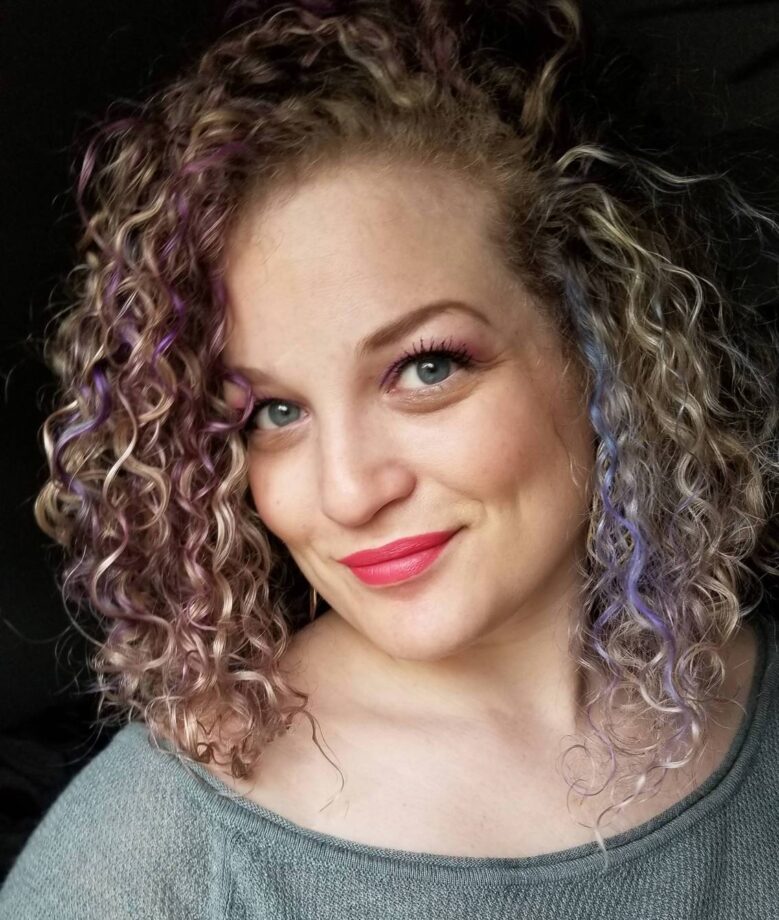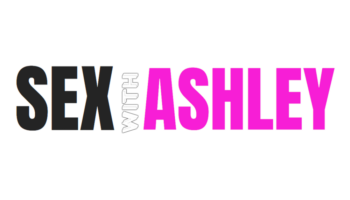Summer 2019 is upon us! If the weather isn't hot enough for you, we're featuring Rachael Rose of Hedonish as our Sex Blogger of the Month for June 2019. We love Rachael and Hedonish because of her full-spectrum take on sex, sexuality and consent. Her site is smart, educational, and sexy! Here are Rachael's 10 answers to our 10 questions!
Kinkly: Give us three words that describe your blog.
Rachael: Approachable, honest and authentic.
Kinkly: What inspired you to start the blog?
Rachael: I've always been fascinated by and interested in sexuality. I knew I wanted to teach sex ed, but I had no idea where to start since there aren't a lot of clear paths to do that. Since the paths I could find weren't / aren't accessible to me, either financially or because of my chronic illness and disability, I figured why not start a blog about sex. When I started Hedonish, I primarily focused on reviewing sex toys and then gradually transitioned into writing more about sexuality and sexual health. Hedonish has been exactly the foot in the door to working in sex education that I hoped it would be. Since I started my blog, my sex education work has grown into giving presentations at conferences, teaching classes, being a guest on podcasts, and some really wonderful collaborations with other sex educators.
Kinkly: What's behind the name?
Rachael: It's a pretty weird story, but I think it's funny. My family is Jewish. While I feel connected to the cultural aspects of Judaism, I'm not remotely religious. So, I've told my family for years that I qualify more as Jew-"ish."
I'd been trying to come up with a name for my website for a couple of weeks. I'd always liked the way Hedonist sounded, but it didn't really feel like that fit me right. One day, I was sitting in traffic and those two things clicked. Hedon-ish felt like the perfect fit so I ran with it.
Kinkly: Who's your target reader?
Rachael: Anyone interested in learning about sex and sexual health from a sex-positive perspective.
Kinkly: What's unique about your blog?
Rachael: A lot of the information about sexuality, especially sexual health, disabilities and chronic illness is written in such an impersonal and clinical way that it's often hard for people to relate. I try to approach these topics in a relatable way, even when I'm referencing scientific or medical research. My blog sounds more like a conversation with a friend than an article you'd find in a medical journal.
Kinkly: What is the topic you find yourself covering most often and why?
Rachael: Probably topics surrounding sexual health. I'm a big nerd. As I've run into challenges with my own chronic illnesses, my first instinct is always to do a ton of research and learn everything I can about it since I find that being knowledgeable helps me to better advocate for myself. Topics related to sexual health can be difficult to learn about and, often, there's limited or conflicting information. It's almost never approached in a sex-positive or pleasure-focused way. I love taking all the information I learn and sharing it with my readers in a relatable, easy-to-digest, and pleasure-focused way.
Kinkly: What was your most popular post ever? Why do you think it drew so many readers?
Rachael: As part of my chronic illness and disability, I've developed a severe fragrance sensitivity. Spending time in spaces focused on sex positivity and inclusiveness over the last few years taught me a lot about accessibility, but I was finding that fragrance sensitivities often don't come up as an accessibility issue. Last year, I wrote a post called Accessibility: A Beginner's Guide to Fragrance and Chemical Sensitivities. It quickly became my most read post even though, ironically, it's one of the only articles I've written that doesn't have much to do with sexuality. I've been flattered to find it listed on university websites as a resource for event planning and accessibility. I think it drew a lot of readers because intersectionalism has an important place in sex positivity. There's a growing awareness that sex-positive spaces also need to be accessible.
Kinkly: What's the best thing about writing a sex blog?
Rachael: Writing a sex blog has brought so much good into my life, especially the people I've met and all the ways they've made my life even better. My life looks pretty different now than when I started Hedonish. I've had a lot of new health challenges such as developing a severe fragrance sensitivity and vulvodynia. I started exploring polyamory, came out as queer, and in addition to being a sex educator, I'm also a graphic designer. I started my own small design company, Genetic Lemon. The incredible people that come into my life through sex ed are a huge part of why I've been able to navigate a lot of big changes in the last few years.
Kinkly: What's the worst thing about it?
Rachael: Another thing that's popped up in the last couple of years is pretty severe brain fog as a symptom of my chronic illness. It can often make writing more difficult for me than it used to be which means I don't post as many articles as I'd like. On the upside, though, it's challenged me to explore other ways to engage in teaching sex education and alternative ways of providing new content, like having guest writers.
Kinkly: OK, now for the good stuff: Give us your best tip for great sex.
Rachael: Communicate with your partner(s) and expand your definition of sex. Most of us are taught to have a narrow view of what sex is supposed to look like. By expanding what you view as sex, you're opening up so many more ways to experience pleasure.




